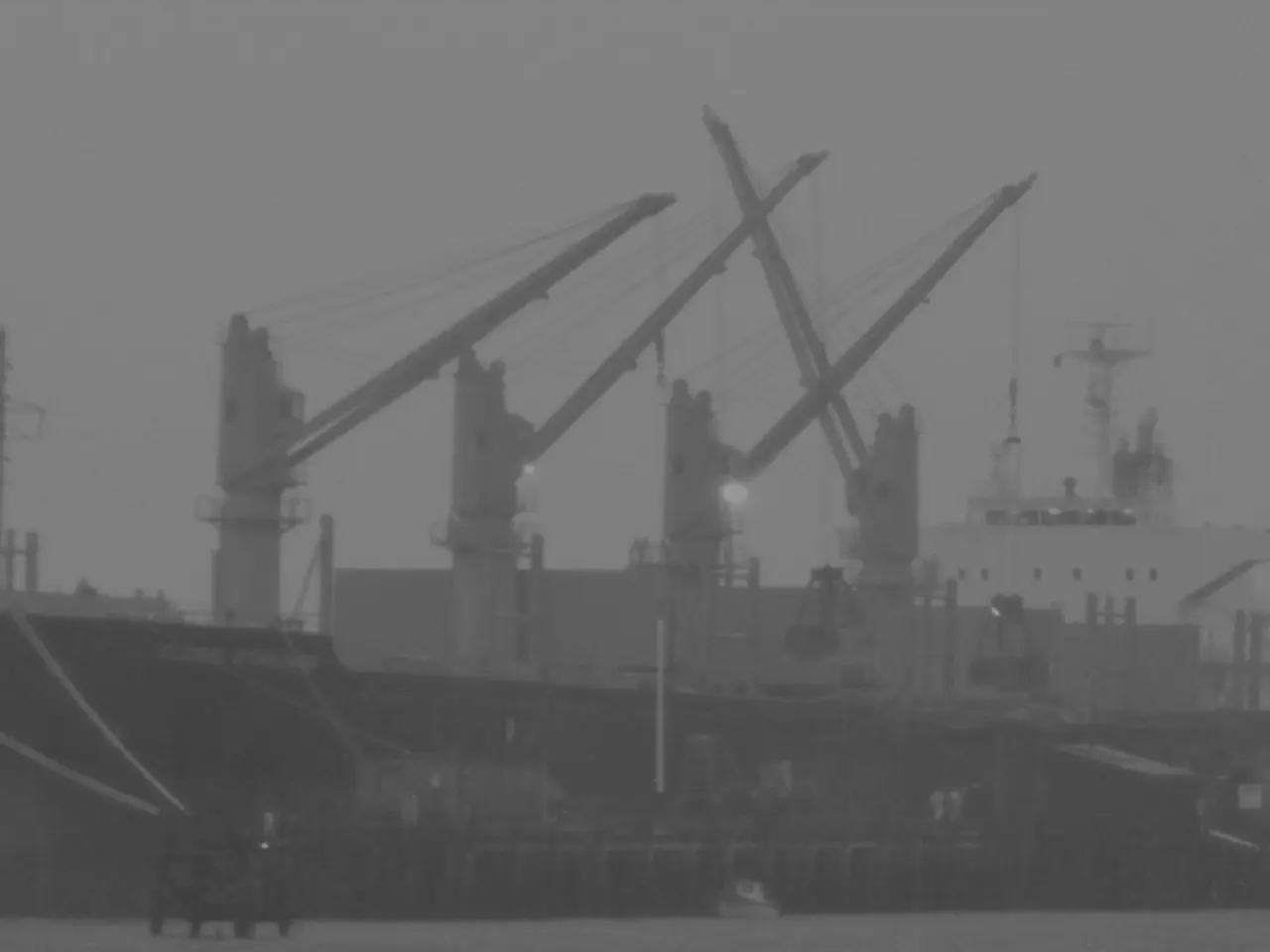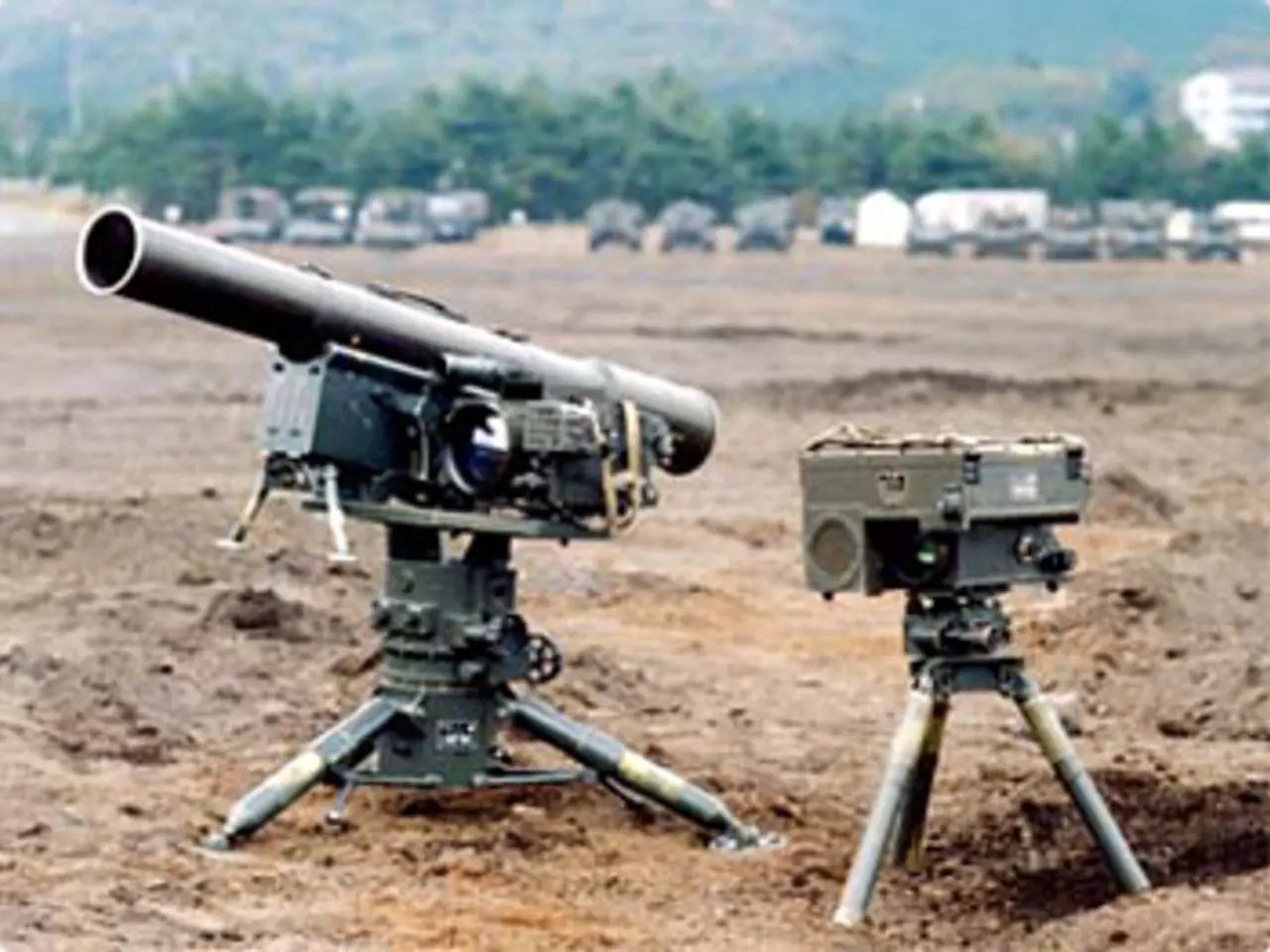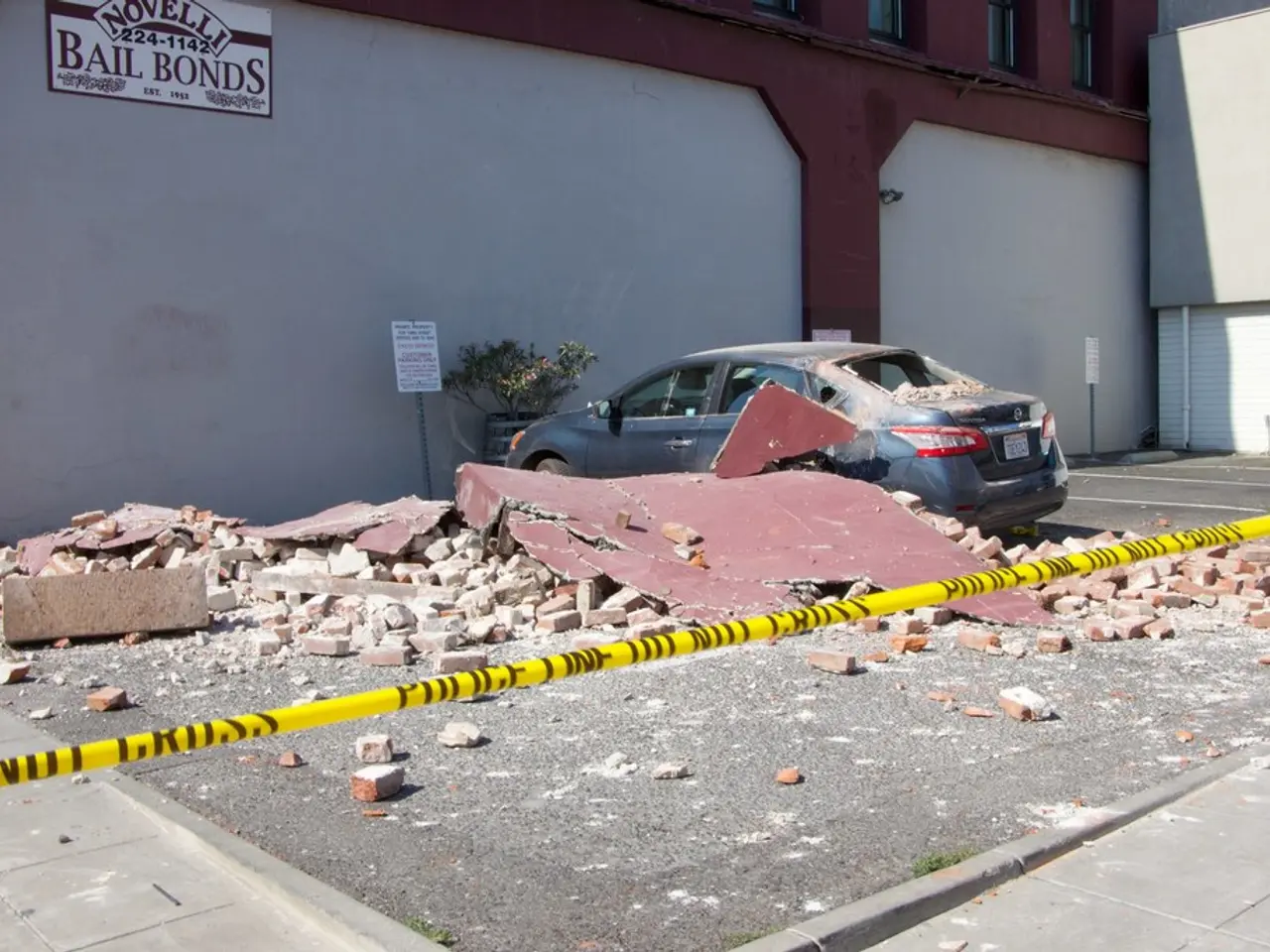US Attacks Houthi Anti-Ship Missiles, Intensifying Navigation Obstacles in Waterways
Red Sea Crisis: Escalating Tensions and Disruptions in Global Trade
The Red Sea is once again the focus of international concern, as renewed attacks on commercial vessels by Yemen's Houthi rebels have resumed after a seven-month lull. This escalation has raised serious concerns at the United Nations Security Council, with the potential to impact global trade and economic stability.
The latest attacks, which occurred in early July 2025, resulted in fatalities and injuries aboard targeted ships. These incidents follow a period of reduced incidents due to international maritime security efforts, including U.S.- and UK-led operations such as Operation Prosperity Guardian, Operation Poseidon Archer, and Operation Rough Rider.
The UN Security Council has adopted resolutions demanding the Houthis cease attacks and authorizing member states to defend their vessels. Monthly monitoring and reporting continue to ensure compliance.
The renewed conflict and missile exchanges with Israel further destabilize the region, with attacks on Houthi-controlled ports and vessels used by the group for tracking maritime traffic.
The current crisis significantly threatens freedom of navigation through this strategic maritime corridor. The disruptions have caused concerns about supply bottlenecks and potential inflation, particularly affecting the demand for bunker fuel, a crucial component for ship operations.
Major shipping companies, including Denmark's Maersk, have instructed vessels to avoid the Red Sea, leading to alternative routes around South Africa's Cape of Good Hope. However, these routes could add significant time to journeys compared to the Red Sea and Suez Canal.
Container terminals in the affected regions are experiencing disruptions due to the crisis, and European ports are preparing for potential congestion. The ongoing attacks by the Iran-allied Houthi militia have disrupted global trade in the Red Sea, causing concerns about stretched supply chains due to disruptions in global shipping traffic.
The Pentagon has emphasized that the strikes were defensive acts to protect the seas and not an indication of war with the Houthis. However, the Houthi rebels have threatened to target U.S. ships in response to American and British strikes on their positions.
President Joe Biden acknowledged that the military strikes had not halted Houthi attacks. The situation in the Red Sea is evolving, with potential implications for global trade and supply chains. The humanitarian dimensions of the conflict are also a concern, as migrant routes through the area remain perilous with limited protection or rescue operations.
The Red Sea crisis is a complex and evolving situation that requires continued vigilance and cooperation from the international community to ensure the safety of navigation, protect global trade, and address humanitarian concerns.
- The latest crisis in the Red Sea, stemming from renewed attacks on commercial vessels, has ignited debate among global politicians regarding the potential impact on business and economic stability.
- The unsettling situation in the Red Sea, marked by tensions, conflicts, and disruptions in global trade, is a focal point of general news discussions, spanning politics, war-and-conflicts, and business sectors.








